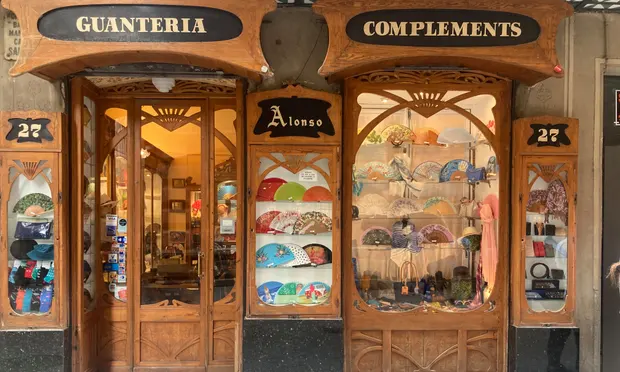About my place and belonging

Many participants in my workshops come with the same longing: “I want to position myself”. “I want to belong”. “I want to find my place”.
A young soccer player who arrives in a new team wants to have a place. He craves for acceptance and being liked by his peers. Depending on his ability to relate to others, the integration into the group will be more or less challenging, it will take more or less time. If he is shy, chances are that he will stand on the outskirts of the group, always a step behind the others. Quiet, listening and observing, with a familiar knot of anxiety in his stomach, eager to join the circle and at the same time unable to “make a place” for himself. If he is lucky, someone will open the circle and let him in, making a space for him, which will bring gratitude and relief.
One’s place is also crucial at work. Clarifying who does what and giving a rightful place to everyone is the cornerstone of a thriving workplace. Acknowledging who had the idea, who founded the company, who came first and who is more experienced, are some of the essential aspects to take into consideration when we want to create a successful business. In order to feel valued and be able to reach their full potential, employees need to know where they stand, what their position is. Confusion in the system will bring frustration and resentment among the employees and will hinder their contribution to the organization.
It is common knowledge too that migrants sometimes find difficulty in taking their place in the new country. It takes a while to get acquainted with a strange environment, a different community, and find the way to fit into an unfamiliar reality. Language, culture and values may act as a barrier between newcomers and their country of adoption. Migrants often slip into a new identity, in a heroic attempt to embrace the new culture without renouncing to their own origin. Their capacity to integrate both sides will determine their degree of adaptation and their potential to make new roots.
In my workshops and training I repeatedly witness how our difficulty in finding a place in our current life is related to the way we are positioned in our family of origin. Cases of exclusions of a family member, of not being wanted or accepted by our parents, or disorders in the system (parents who are acting as children, a child unconsciously taking the place of a still born sibling...) can have a deep effect on our sense of belonging and our ease of finding our place in life. Being aware of those facts, giving each member their rightful spot and taking our own place in the family group brings clarity and strengthens us.



















